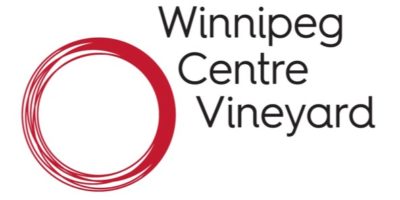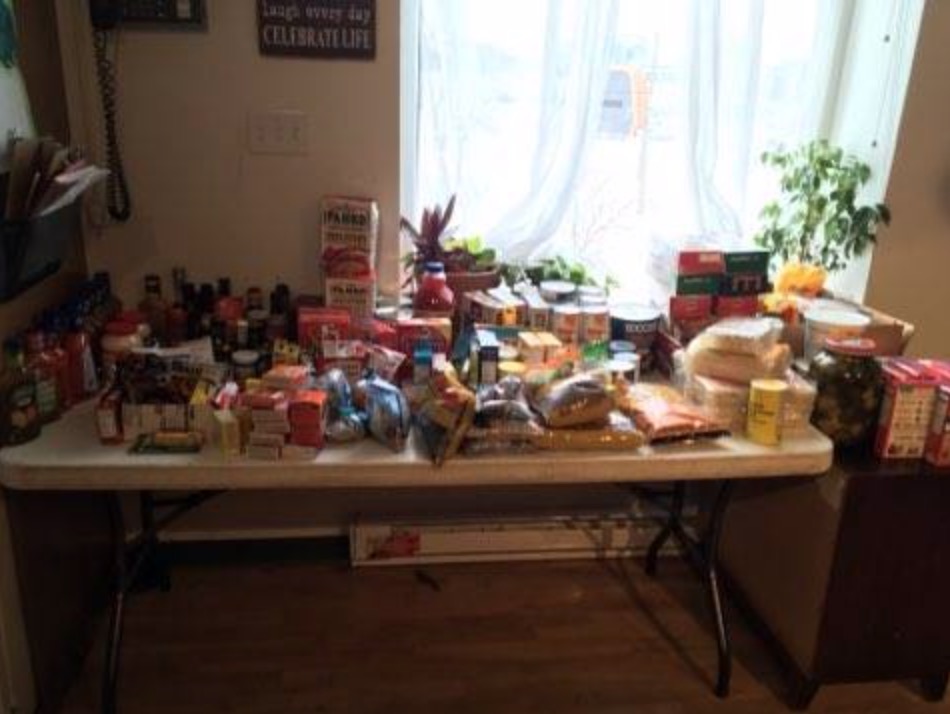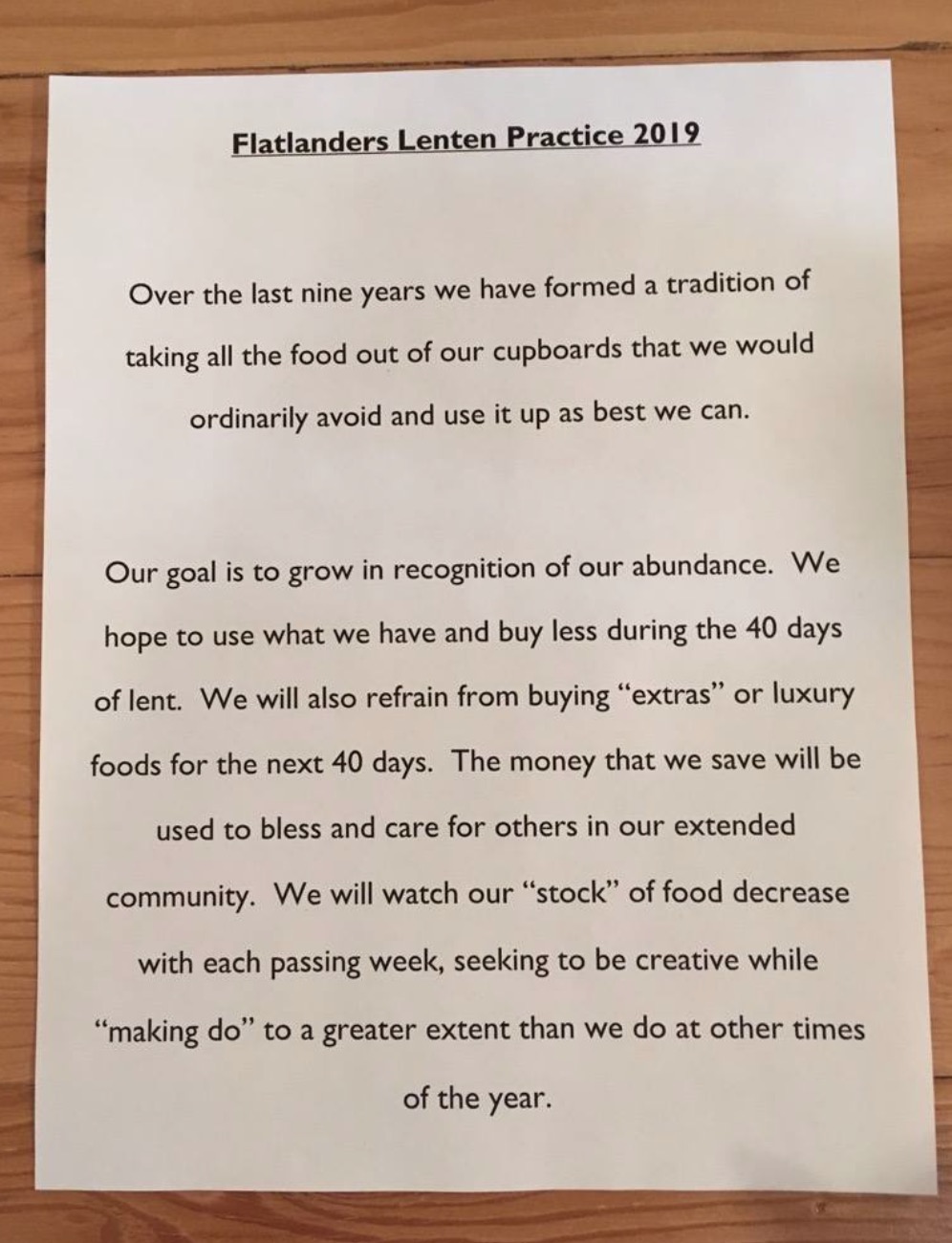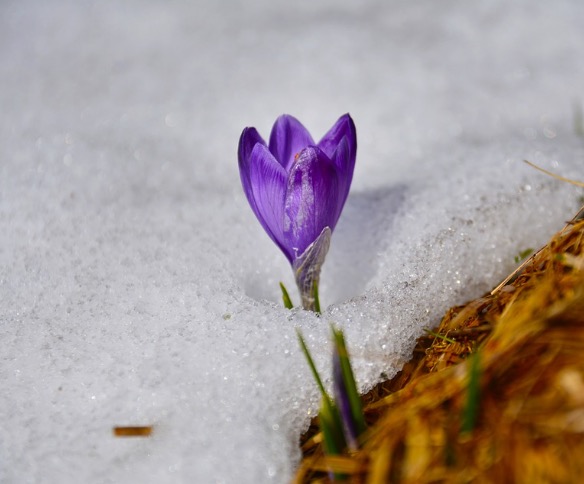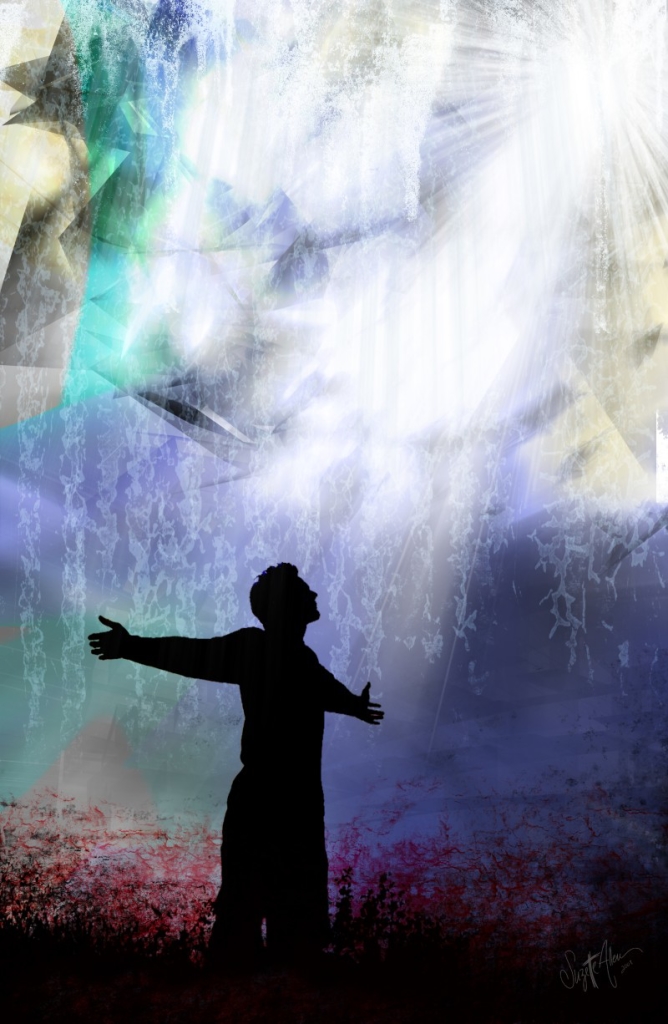Isaiah 58 Fast
April 13 – 20
In the bible, fasting and prayer usually go together. Fasting isn’t simply about the lack of food, or the lack of anything else for that matter, but rather an intensified focus, or shift in perspective from something temporal to God. It’s about bringing our attention to the Lord in a specific way for a particular time by reducing our dependence on something physical. Our physical hunger reminds us that we are really hungry for God.
It makes sense, then, that fasting and prayer go together. However, it seems that if our lifestyles are not extending grace, mercy and justice in practical ways, our fasting is distasteful to God. Isaiah helps bring clarity to this issue in chapter 58 where he links “true fasting” with feeding the hungry, sharing with the poor, keeping the Sabbath and in general, living justly.
“Is not this the kind of fasting I have chosen:
to loose the chains of injustice
and untie the cords of the yoke,
to set the oppressed free
and break every yoke?
Is it not to share your food with the hungry
and to provide the poor wanderer with shelter
– when you see the naked,
to clothe them,
and not to turn away
from your own flesh and blood?
Nepali Fast
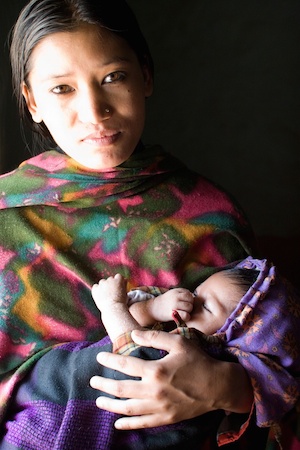
This fast is an invitation to hold both fasting and care for the hungry together. To that end we invite you to participate in a very practical fast for one week – that is to eat at or below the level of the average Nepali person.
For just about all of us, this will mean eating less – less quantity as well as less variety.
The fast starts Sunday April 13 (with an evening of prayer and worship) and we’ll break the fast on Easter Sunday, April 20.
There are two objectives for this fast:
1) When we consume less, we can give more.
2) When we fast, we draw closer to God.
Consuming Less
Isaiah 58 makes it clear that we are to respond to the “hungry” in our world in practical ways.
God has linked WCV with the Himalayan Region Vineyards in a deep and profound way. Many of our brothers and sisters in this region live on minimal nutritional requirements. We are one body, and Paul admonishes us to “share each other’s burdens” (Gal 6). One way we can do this is to eat at their levels. This will allow us to consume less, while practicing solidarity with them.
Here are some facts and figures concerning the average Nepali that may help frame the conversation:
Canada’s average salary approx. $40,000 ($110 / day)
Nepal’s average salary approx. $1,200 ($3.30 / day)
25% of Nepal’s population live below poverty line of: $1.25 / day. (Nepal Bureau of Statistics)
Major concerns include little or no access to primary health care, education, clean drinking water and sanitation services. Food security and poor nutrition are major concerns, especially in rural areas. (IFAD)
Nepal has one of the highest early childhood mortality rates in the region. 2/3 of Nepali children are severely deprived and just under 40% live in absolute poverty. 50% of children under 5 are stunted and over 2/3 are underweight due to malnutrition. (Unicef)
By embracing their diet, we are in a way embracing our brothers and sisters in Nepal. Eating their food in a way places them in the centre of our tables every day.
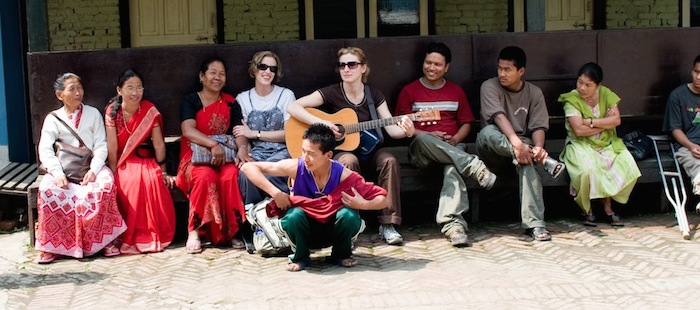
Giving More
By spending a week eating at these levels, most of us will have saved money on our grocery bills. Keep track of what you save – or calculate it in whatever way makes sense to you. Then we encourage you to donate it to WCV (mark it for Nepal) and we we will send it to Nepal to be used to feed those who are poor.
If you do not normally spend money getting your food, but have participated in this fast, we encourage you to give what you can to the “First Fruits” basket and the food will be shared at Drop-in.
Drawing Near to God
This fast is not just a clever way to raise money for those in need. It can do something in us and to us. As we turn ourselves towards God in prayer and fasting, we can be transformed. Our prayer is that WCV will draw closer to God as we participate in this “fast that he has chosen”.
Throughout the week we will be having regular stories sent from the School of Justice, who will be in Nepal during this time. They will give us short meditations to help us both understand the plight of the people there as well as God’s heart for them and us!
Preparing
Checklist for preparing for this week:
- Put it on your schedules.
- We will start the week with an evening of worship & prayer on Sunday, April 13, 7pm.
- Do your grocery shopping beforehand (check the ingredients in the recipe in this booklet).
- Calculate your normal weekly grocery bill and get ready to donate the savings.
Recipe – Dal Baht
Plain Rice (Bhat)
2 cups rice (Basmati or Long grain preferred)
4 cups water.
Lentils (Dal)
- 1½ cups lentil (any kind), 4 to 5 cups of water, ½ tsp turmeric, 1 tsp minced garlic, 6 tbsp butter, 3/4 cup sliced onions, 2 chillies, salt to taste.
- Wash lentils and soak lentil for 10 minutes – drain.
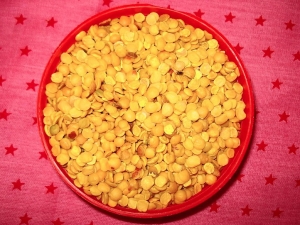
- Add lentils to fresh water and bring to a boil.
- Add all spices.
- Reduce the heat and simmer, covered, for 20 – 30 mins (until lentils are soft).
- Fry the onions, chilies and garlic in the butter & stir into the simmering lentils.
